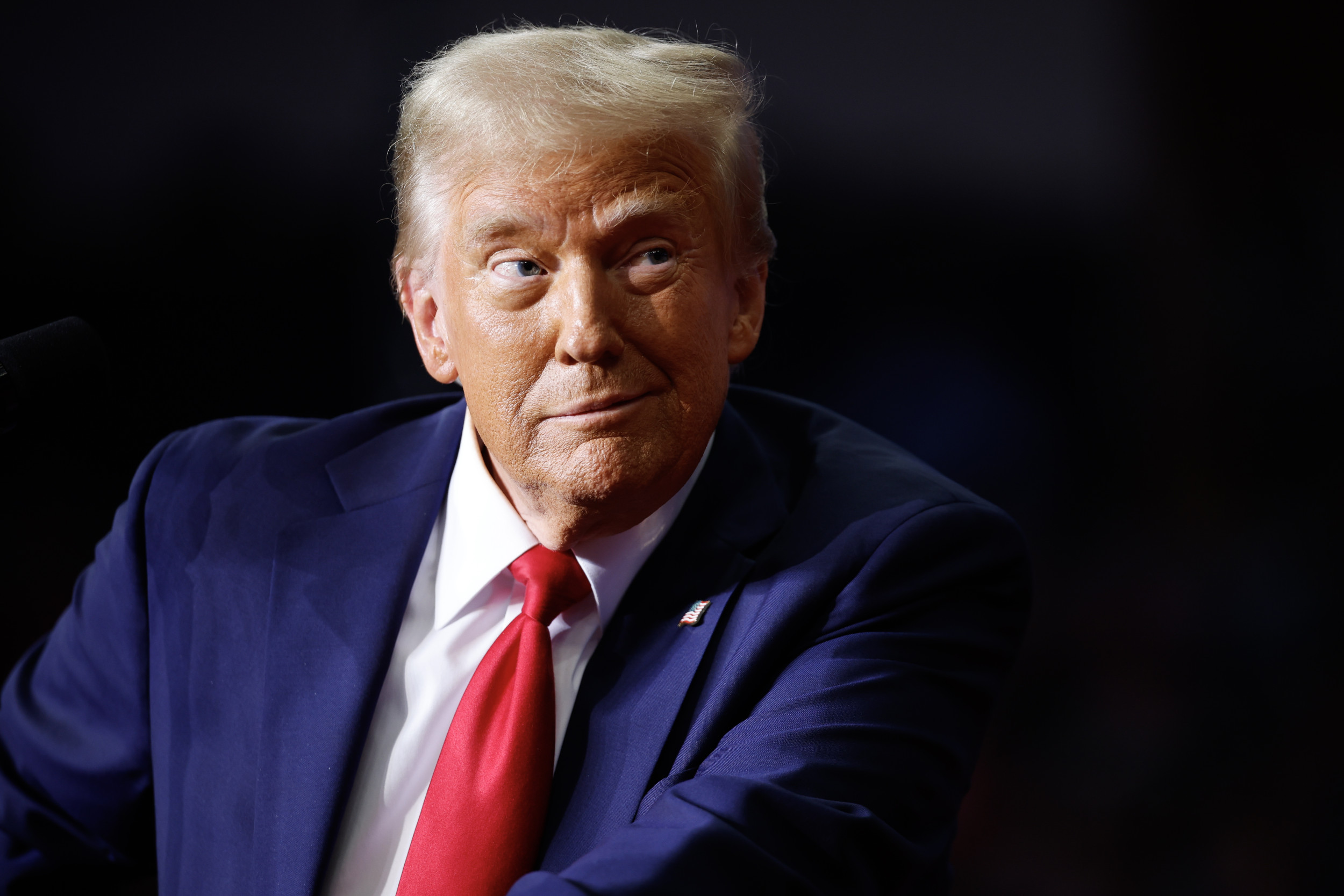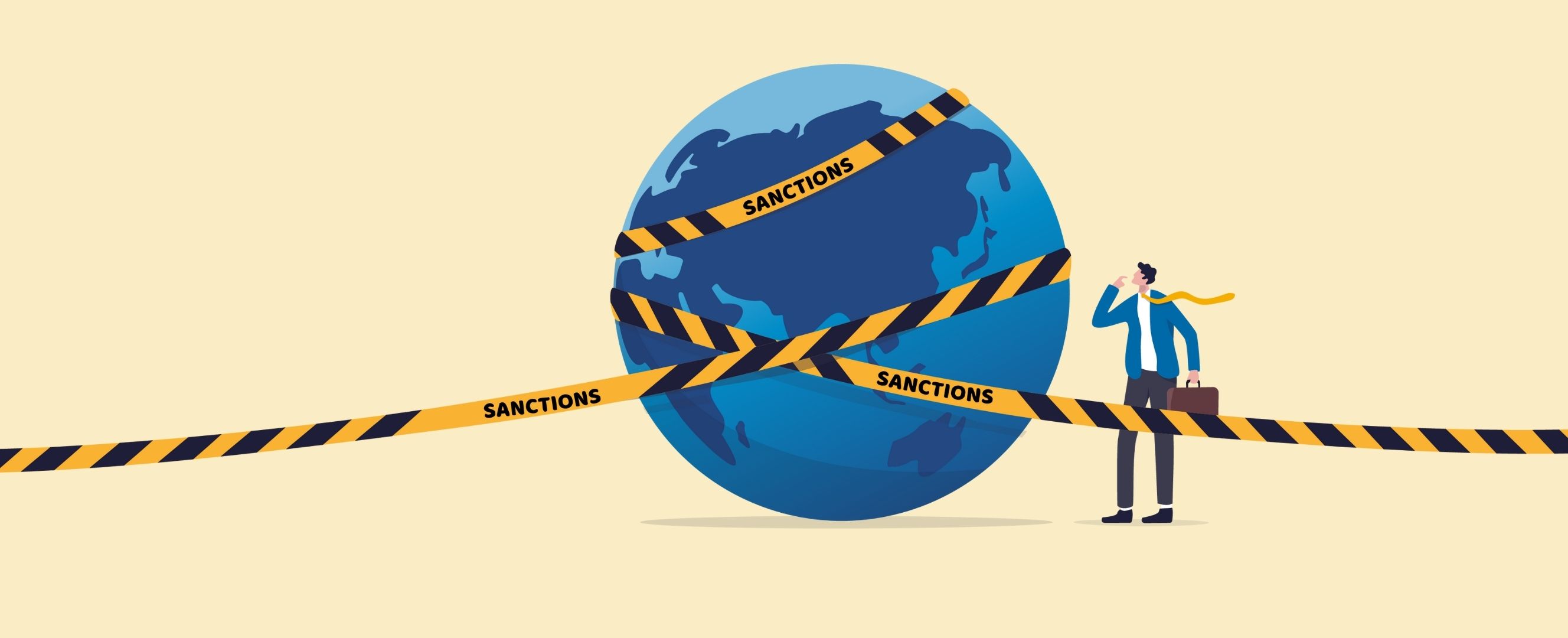Navigating Trump's Tariffs: A Small Wine Importer's Story

Table of Contents
The Initial Shock of Trump's Tariffs on Wine Imports
The impact of the wine tariff was immediate and brutal. Our already tight profit margins were squeezed further, forcing difficult choices. The increased import costs, stemming from the newly imposed import duties, meant a significant hike in the price of our wines. This, in turn, impacted consumer demand, leading to slower sales and a noticeable reduction in our market share. We weren't alone; many small wine importers faced similar struggles. The sudden shift in the wine import cost landscape also meant increased competition from wine regions not affected by the tariffs.
- Increased import costs: The added import duties significantly increased the cost of every bottle we imported.
- Reduced profit margins: Our profit margins were slashed, making it challenging to maintain profitability.
- Price hikes impacting consumer demand: Raising prices to offset the increased wine import cost led to reduced sales.
- Competition from non-tariffed wine regions: Wineries from regions unaffected by the tariffs gained a competitive edge.
The sudden implementation of the wine tariff highlighted the vulnerability of small businesses operating within the intricacies of international wine trade. The "wine tariff" wasn't just a number; it was a direct hit to our bottom line and our ability to compete.
Adapting Strategies to Mitigate Tariff Impacts
Faced with this challenge, we had to act swiftly and decisively. Our survival as a small wine importer hinged on adapting our import strategy and finding ways to mitigate the tariff's impact. This involved a multi-pronged approach focusing on several key areas:
- Negotiating with suppliers for better pricing: We engaged in extensive negotiations with our suppliers in Europe to secure better pricing and explore potential cost-sharing arrangements.
- Diversifying sourcing to non-tariffed regions: We began exploring new sourcing options, expanding our portfolio to include wines from regions unaffected by the tariffs. This involved significant research into new wine regions and establishing relationships with new suppliers. This diversification strategy became crucial to our resilience.
- Exploring alternative shipping routes and logistics: We investigated alternative shipping routes and logistics solutions to potentially reduce costs and delivery times. This involved a detailed analysis of various shipping options, including assessing the impact of different ports and transportation methods on our wine import costs.
- Marketing efforts highlighting value despite increased prices: We adapted our marketing strategy to highlight the value proposition of our wines, emphasizing their quality and provenance despite the price increases. We focused on communicating the increased cost directly to customers, to ensure transparency and maintain trust.
- Seeking government assistance or support programs: We explored potential government assistance programs and support initiatives designed to help small businesses cope with the impacts of trade tariffs. This involved actively researching available programs and completing the relevant applications.
These strategies, although demanding in terms of time and resources, proved essential in our efforts to navigate the complex world of tariff mitigation within the wine supply chain.
The Long-Term Effects of Trump's Tariffs on the Wine Import Business
The long-term implications of Trump's tariffs continue to unfold. While we successfully adapted, the experience profoundly altered our business model and market positioning.
- Changes in consumer behavior: Consumer preferences shifted, with some consumers opting for cheaper, non-tariffed wines.
- Impact on brand loyalty: Maintaining brand loyalty became more challenging due to increased prices and the need to source wines from different regions.
- Shifting market dynamics: The tariffs reshaped the wine market, creating new competitive landscapes and opportunities.
- Lessons learned and future planning: The experience emphasized the importance of diversification and proactive risk management in international trade. We've developed more robust contingency plans to adapt to future trade policy shifts.
The "long-term tariff impact" underscores the need for agility and adaptability in the face of changing global trade dynamics. Understanding "wine market trends" and anticipating future trade policies is critical for our ongoing success.
Lessons Learned and Advice for Other Small Wine Importers
Our journey navigating Trump's tariffs offers valuable lessons for other small wine importers:
- Importance of diversification: Diversify your suppliers, markets, and product offerings to reduce reliance on any single source or region.
- Close monitoring of trade policies and regulations: Stay informed about trade policies and regulations to anticipate and mitigate potential disruptions.
- Building strong relationships with suppliers and customers: Foster strong relationships with both suppliers and customers to navigate challenges collaboratively.
- Seeking professional advice on international trade: Consult with experts in international trade law and logistics to gain insights and support.
Understanding "wine import advice" and "international trade" best practices is paramount for long-term success in this sector.
Conclusion: Navigating the Future of Wine Imports Post-Trump Tariffs
Our experience as a small wine importer navigating Trump's tariffs highlights the significant challenges and the importance of proactive strategies in mitigating the impact of trade uncertainties. The "wine import" business demands vigilance and adaptability. We urge other small wine importers to share their experiences and discuss strategies for navigating future challenges related to Trump's tariffs or other trade policies affecting the wine import industry. Further reading on navigating trade policies and international wine import regulations is crucial for all businesses in this sector. Let's collaborate and build resilience together.

Featured Posts
-
 Trumps Unexpected Turn On Musk Insights From Cnn Data Chief
May 31, 2025
Trumps Unexpected Turn On Musk Insights From Cnn Data Chief
May 31, 2025 -
 Programme Tv Soudain Seuls Avec Melanie Thierry Et Gilles Lellouche Ce Soir A La Tele
May 31, 2025
Programme Tv Soudain Seuls Avec Melanie Thierry Et Gilles Lellouche Ce Soir A La Tele
May 31, 2025 -
 Northeast Ohio Braces For Strong Thunderstorms
May 31, 2025
Northeast Ohio Braces For Strong Thunderstorms
May 31, 2025 -
 Covid 19 Case Increase A New Variants Potential Role
May 31, 2025
Covid 19 Case Increase A New Variants Potential Role
May 31, 2025 -
 Us To Sanction Foreign Officials Over Social Media Restrictions
May 31, 2025
Us To Sanction Foreign Officials Over Social Media Restrictions
May 31, 2025
